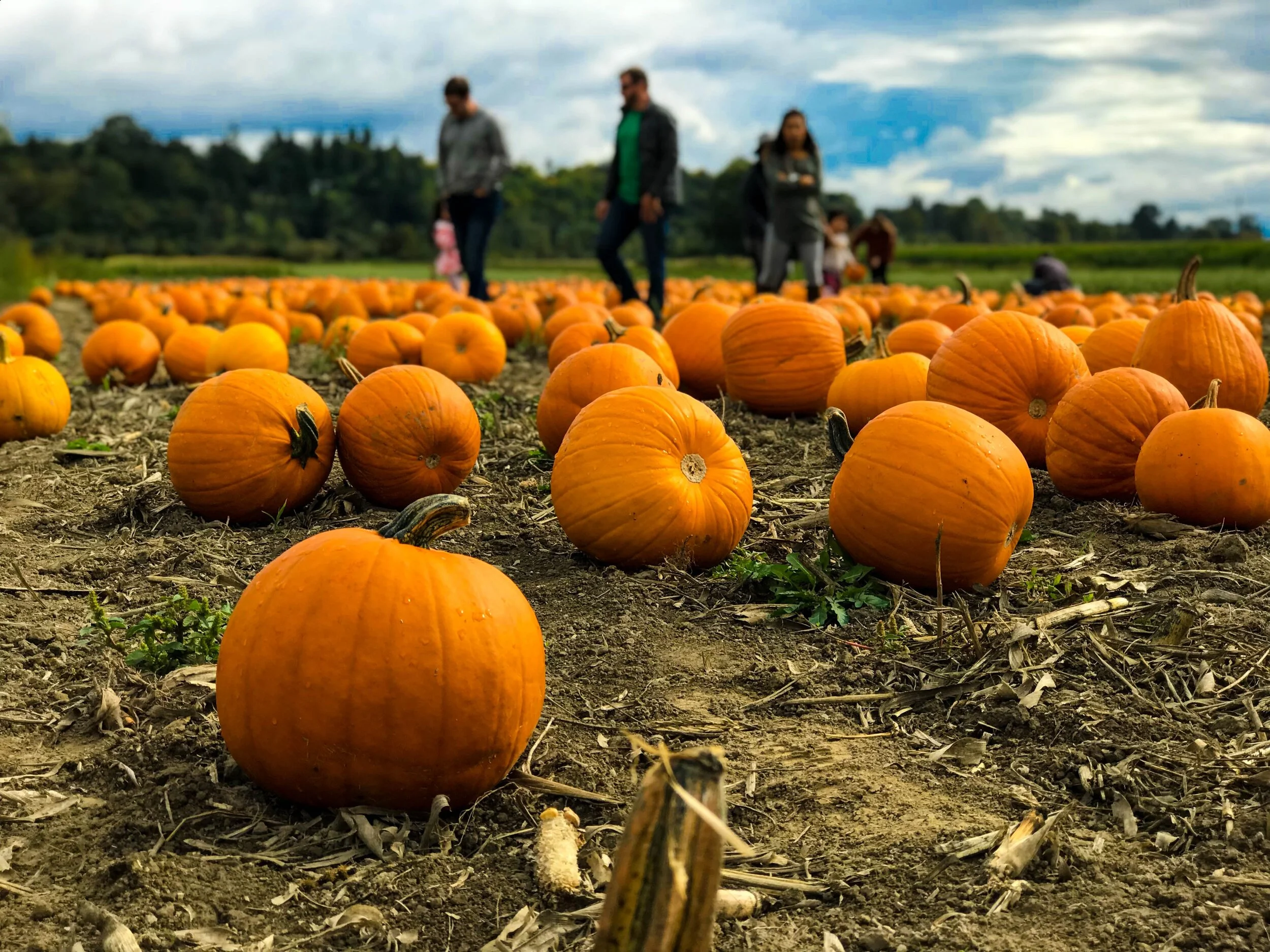Reclaiming Your Family’s Traditions
When he set out to write The Secrets of Happy Families, Bruce Feiler wasn’t feeling particularly “happy” in his own family. In fact, a recent extended-family gathering had left him feeling helpless against all the differences that were tearing his own family apart. “For all the lip service we pay to families in our culture,” Feiler writes, “most of us have a nagging fear we’re not doing it as well as we might. . . . We’re busy; we’re harried; we’re overwhelmed.” We feel our families slipping away, yet give surprisingly little attention to figuring out the problems, partly because we have no idea where to start. The cultural landscape of what constitutes a “family” or how “families” ought to behave has changed dramatically in the last decades. Where do we even begin?
Part of the answer may lie in reclaiming old, forgotten family traditions, traditions that in fact anchor us in ways we may not fully grasp. A 50-year research review from the American Psychological Association found that “family routines and rituals are powerful organizers of family life that offer stability during times of stress and transition.” The review defined “routine” as more like communication, something taking little time, and helping us convey “what needs to be done.” “Rituals, on the other hand,” writes lead author Dr. Barbara H. Fiese, “involve symbolic communication and convey ‘this is who we are’ as a group and provide continuity in meaning across generations.” The most common rituals or traditions of importance to families were birthdays, holidays, Passover, funerals, and the “Sunday dinner.”
Notice that a lot of these are laden with spiritual meaning. Holidays like Christmas, Thanksgiving, and Easter have historically religious underpinnings. Passover is of course religious in nature—for other faiths, similar traditions may be Lent, Advent, or Ramadan. Something about the deeply spiritual nature of these traditions sets them apart as important, and families often have long-lasting, positive memories of such times—holding hands around the Thanksgiving turkey and saying what you are grateful for, Midnight Mass on Christmas Eve, Grandma’s famous pecan pie, late-night games of monopoly with cousins, or even the time Dad almost blew up the backyard trying to deep fry the Thanksgiving turkey. Such memories give us a sense of identity, of belonging, sorely needed in our fast-paced lives. But even during such times as these, modern life is beginning to intrude. How many of us are tempted to pull out our smartphones and retreat to the living room, instead of staying at the table for a board game?
In your family, you likely have traditions that you either like or don’t like. The lazy Sunday dinner with family and friends that you grew up with, a summer family reunion or camping trip, a fall bonfire. You probably even have daily traditions, like reading or prayer time with children before bed. These are the things, research shows, that lend stability to families. Studies suggest that for nontraditional families or families facing a crisis such as divorce, these may be even more important, tying children to a sense of routine that is important to both their physical and mental health.
The key in maintaining regular family traditions is to understand where they come from, why they’re important, and to be deliberate about either keeping them or letting them go. Some of them, you may not be able or desire to keep. Maybe Sunday dinner is just not possible, but you like the idea of a regular gathering with other local family or friends. How about monthly game nights with a select circle? Maybe you no longer adhere to the faith tradition your family held to, but feel a spiritual void. Figure out what and why you don’t identify with that tradition anymore, and if there is something else that you believe to be true. (In the Blue Zones Project, longevity expert Dan Buettner identifies membership in a faith community as one of the crucial components of long life for the centenarians he studied.)
Whatever the traditions may be, all evidence points to the fact that families thrive when they are deliberate about traditions. Traditions give families time to connect, create a space for the creation of positive memories, increase a sense of family belonging, and are of spiritual significance—all of which are connected to greater resilience in the face of crisis. Lay the groundwork for positive family identity by consciously identifying, maintaining, or creating your family’s own traditions.


